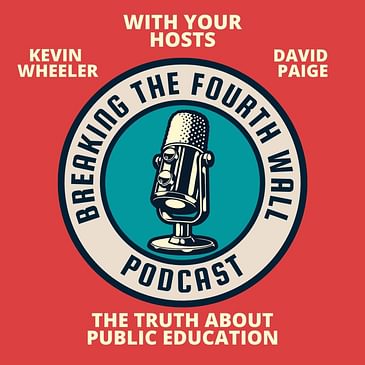Takeaways
- Teaching students how to read analog clocks is a basic skill that is often overlooked in schools, but it is still relevant in real-world situations.
- Cursive writing is a lost art that can improve information retention and help students develop their own unique identity.
- Home economics, including cooking and basic cleanliness, is a valuable skill that prepares students for independent living and contributes to their mental health.
- Public speaking and communication skills are essential for success in various aspects of life, including job interviews, networking, and effective communication in the workplace.
- The impact of technology and the lack of emphasis on these 'old school' skills have led to a decline in social development and communication abilities among students.
- Teaching these skills at a young age can lead to better communication and personal development outcomes for students. Education should balance theory with practice and focus on teaching practical skills.
- Skills like financial algebra, reading maps, public speaking, and writing in cursive are important for students' personal growth and real-world success.
- Teaching critical thinking and the ability to identify bias in reading materials is crucial.
- Education should prioritize personal accomplishments, pride, and the joy of learning.
- Education should not be limited to rigorous academic subjects, but should also include practical and hands-on learning experiences.

